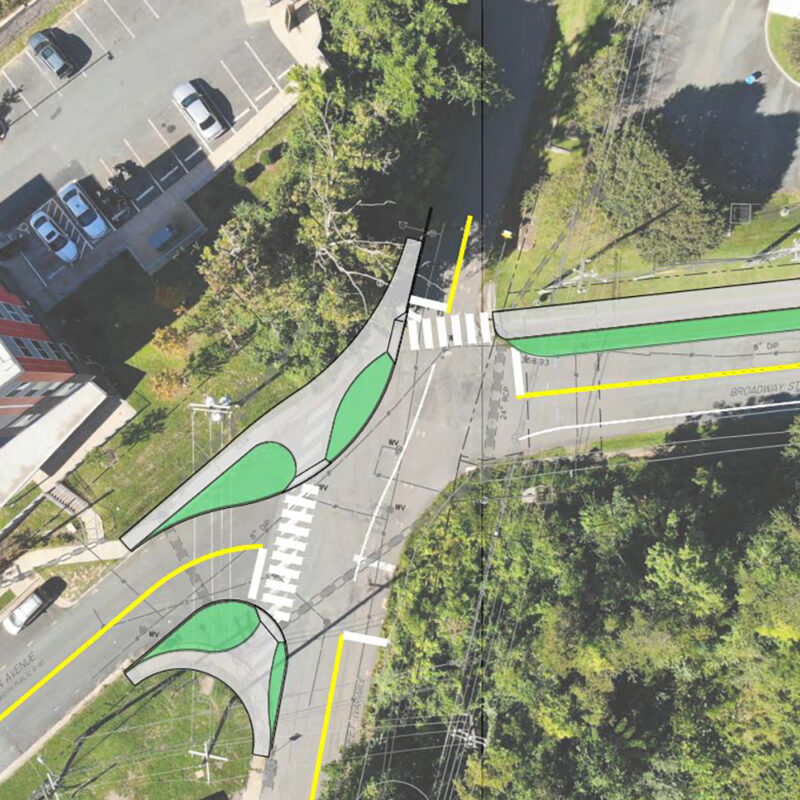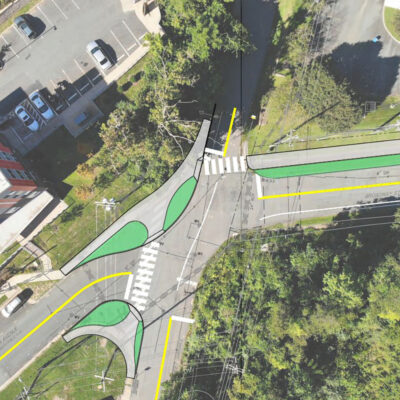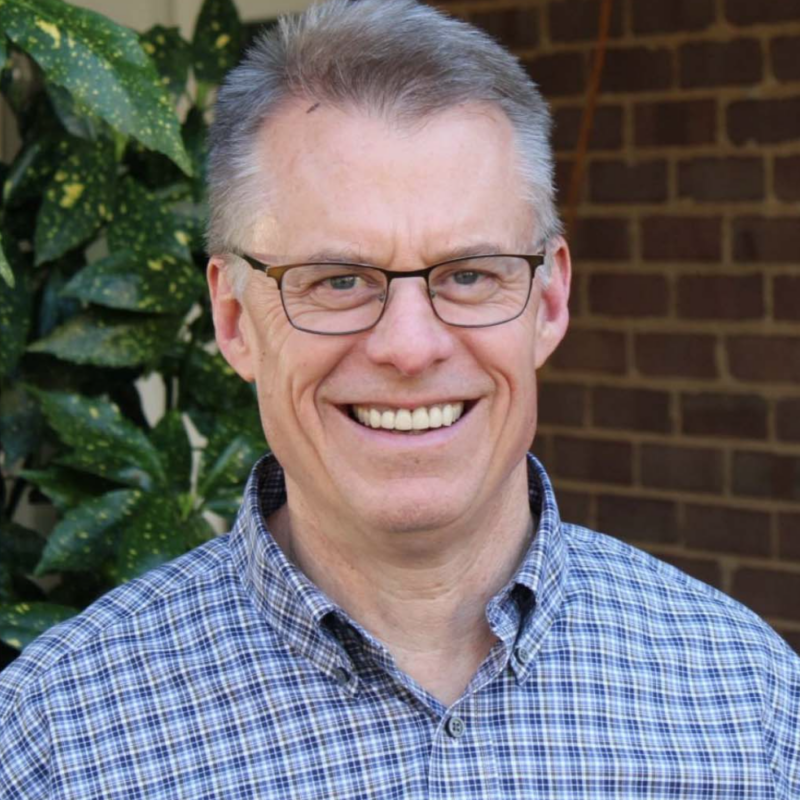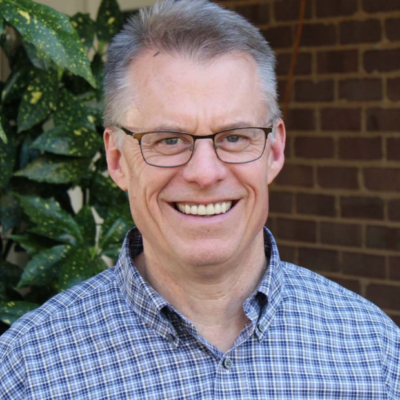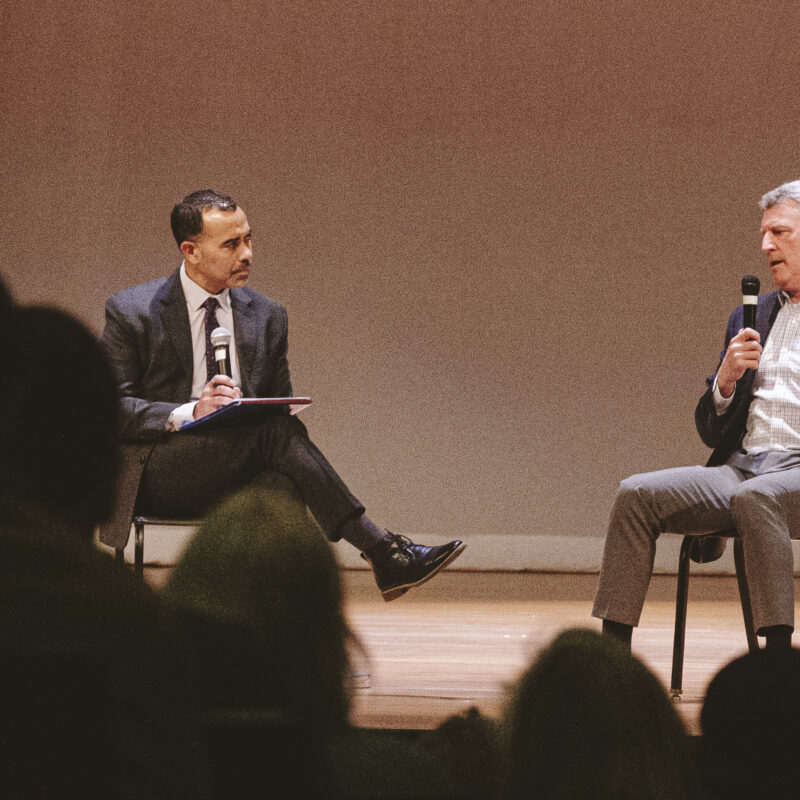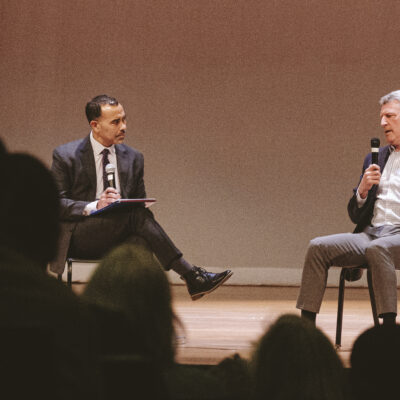It’s tough being a kid. Apparently it’s even tougher being a kid in the Central Virginia justice system as trends skew toward treating juvenile offenders more like adult criminals.
Virginia Code 16.1-272, which governs the power of the circuit court over minors, has been interpreted by the State Supreme Court to mean that kids who are tried for an offense in circuit court that is dismissed will be automatically certified as adults if tried for subsequent offenses.
 Andy Block, legal director of JustChildren, says the system can be rough on juvenile offenders: "Some kids [have parents who] can’t came campaign contributions. |
Further, if found guilty in circuit court, the law reads they can be sentenced without the intervention of a jury, except in capital cases. But, in the current General Assembly session, a law has been proposed that says that since minors can’t be executed for capital crimes, a jury is never necessary to sentence a juvenile offender in circuit court.
According to Andy Block, legal director of JustChildren (www.justice4all.org), a program of the Legal Aid Justice Center, these laws reflect national trends about how kids are treated in the court system.
“In the early and mid-’90s across the country and Virginia [we] saw a very strong movement toward locking up more kids, treating more kids as adults,” Block says. Juvenile prisons have become more like regular prisons, with cinderblock walls and barbed wire, and media coverage of a few heinous cases made the system hard on your average delinquent, according to Block.
Now, Block says, “the pendulum is starting to swing back somewhat.”
“For a smaller area, we do have relatively significant juvenile justice issues,” says Rory Carpenter with the Commission for Children and Families. In 2005, Charlottesville and Albemarle had 2,698 juveniles enter the justice system.
An amendment that would require a conviction before treating kids as adults on subsequent offenses has been proposed for the current session. In the past two or three years, Block and his team of four attorneys in Charlottesville (with other legal teams in Petersburg and Richmond) have begun more advocacy on laws like the one above, because, as Block says, “kids don’t vote, kids don’t have PACs.”
